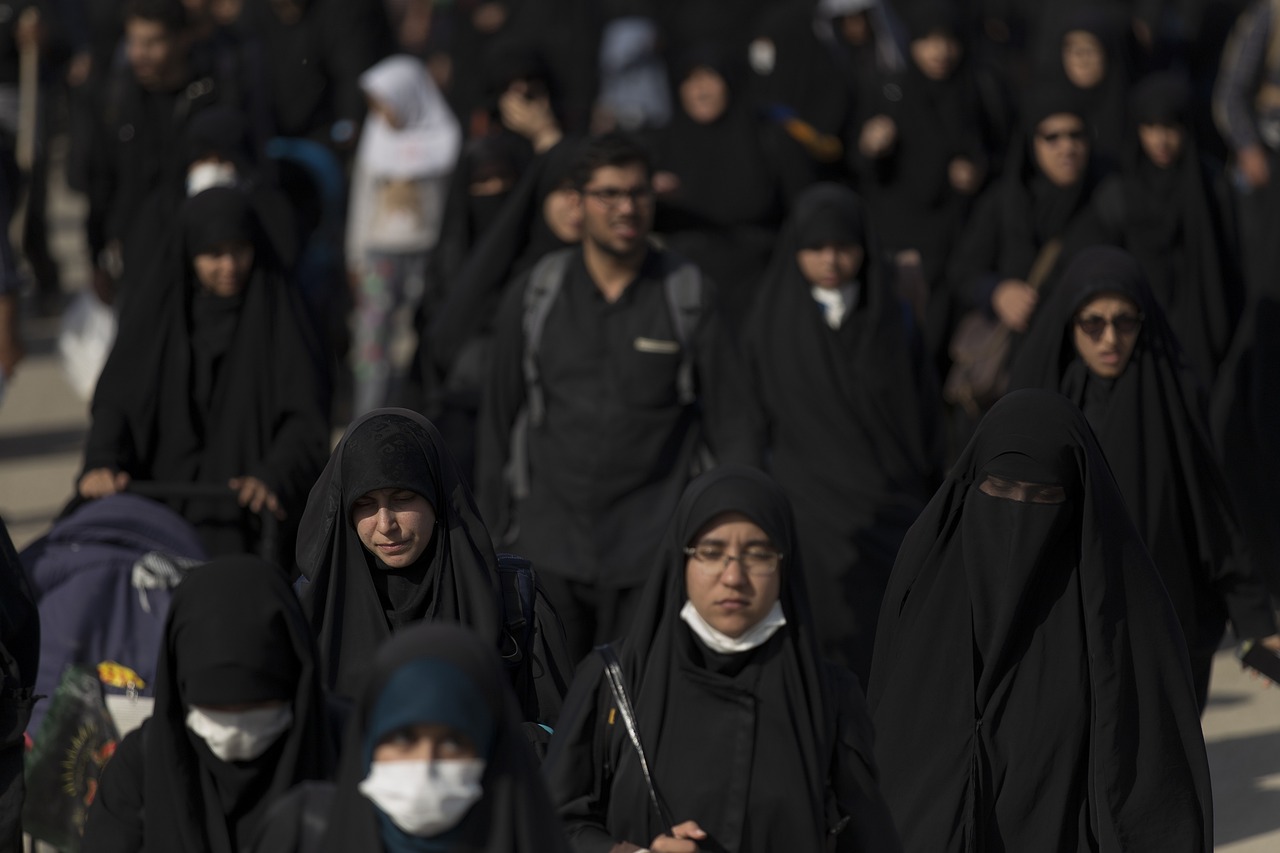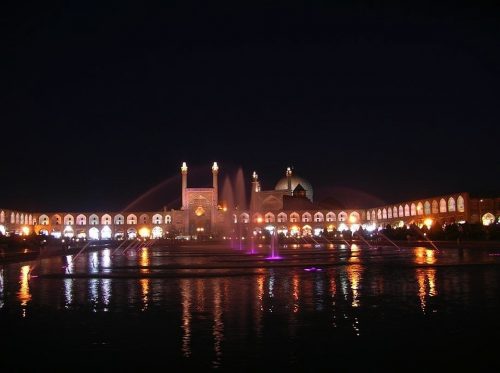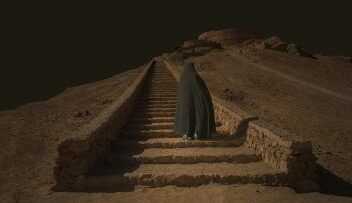Iran, rich in culture and history, balances tradition and modernity. Despite deep religious roots, especially in Shia Islam, religion’s impact on intellectual discourse and societal progress sparks debate.
 Rola Zamzameh*
Rola Zamzameh*
Iran’s intellectual history is characterized by periods of flourishing intellectual activity, punctuated by times of repression and stagnation.
During the Islamic Golden Age, Iran was a centre of scholarship, contributing significantly to fields such as mathematics, philosophy, and medicine. However, the advent of more conservative strains of Islam and the rise of political Islam in the 20th century have had profound implications for intellectual freedom and thought in the country. Shia Islam, the dominant branch of Islam in Iran, has played a significant role in shaping the country’s intellectual landscape. The principle of ijtihad, or independent reasoning within Islamic jurisprudence, has historically allowed for a degree of flexibility and innovation in legal and theological matters. However, in contemporary Iran, the authority of clerics and religious institutions has often limited the scope of independent thought and innovation.
The intertwining of religion and state in Iran has led to the imposition of religious orthodoxy on intellectual discourse. The Islamic Republic’s constitution enshrines the principle of velayat-e faqih, or the guardianship of the Islamic jurist, which grants supreme authority to the country’s Supreme Leader, who is also a high-ranking cleric. This hierarchical structure has served to stifle dissent and restrict the freedom of expression, particularly on matters deemed sensitive by religious authorities.
 The Iranian government has a long history of censoring and suppressing ideas that challenge religious orthodoxy or the political establishment. Dissident voices, including writers, intellectuals, and activists, have faced harassment, imprisonment, and even execution for advocating for secularism, human rights, or liberal values. The fear of reprisal has led many intellectuals to self-censor or seek exile abroad, further constraining the diversity of thought within the country.
The Iranian government has a long history of censoring and suppressing ideas that challenge religious orthodoxy or the political establishment. Dissident voices, including writers, intellectuals, and activists, have faced harassment, imprisonment, and even execution for advocating for secularism, human rights, or liberal values. The fear of reprisal has led many intellectuals to self-censor or seek exile abroad, further constraining the diversity of thought within the country.
Religious conservatism has also permeated Iran’s education system, influencing the curriculum and limiting academic freedom. Textbooks often emphasize religious teachings and ideology, while critical thinking and independent inquiry are sometimes discouraged. Scholars who deviate from the official narrative risk losing their positions or facing professional repercussions, creating a climate of intellectual conformity rather than exploration.
The inhibiting role of religion in the growth of thought in Iran has not only affected intellectual and cultural spheres but also has economic ramifications. Innovation and creativity are essential drivers of economic development in the modern world, yet Iran’s restrictive intellectual environment has hindered its ability to compete on the global stage.
 The brain drain phenomenon, where talented individuals emigrate to more open societies, further exacerbates the challenge of fostering innovation and progress within the country. Despite the constraints imposed by religious orthodoxy and political authoritarianism, there are signs of evolving thought and dissent within Iranian society. The widespread use of social media and the internet has provided avenues for Iranians to access information and engage in discussions beyond the state-sanctioned narrative. Civil society organizations, albeit operating under tight restrictions, continue to advocate for human rights, social justice, and political reform. The relationship between religion and intellectual freedom in Iran is complex and multifaceted. While religion has been a source of inspiration and identity for many Iranians, its hegemonic influence on politics and society has hindered the growth of thought and innovation.
The brain drain phenomenon, where talented individuals emigrate to more open societies, further exacerbates the challenge of fostering innovation and progress within the country. Despite the constraints imposed by religious orthodoxy and political authoritarianism, there are signs of evolving thought and dissent within Iranian society. The widespread use of social media and the internet has provided avenues for Iranians to access information and engage in discussions beyond the state-sanctioned narrative. Civil society organizations, albeit operating under tight restrictions, continue to advocate for human rights, social justice, and political reform. The relationship between religion and intellectual freedom in Iran is complex and multifaceted. While religion has been a source of inspiration and identity for many Iranians, its hegemonic influence on politics and society has hindered the growth of thought and innovation.
Moving forward, fostering a more inclusive and pluralistic intellectual environment will be essential for Iran to realize its full potential and contribute to the global community of ideas. As the country grapples with the challenges of the 21st century, finding a balance between tradition and progress will be crucial in shaping its future trajectory.
*Rola Zamzameh: Senior journalist of the European Union Commission and Parliament.
(Photos: Pixabay)
*NOTE: The views expressed in this article are those of the authors and do not necessarily reflect the views or opinions of The Prisma.












.jpg)












